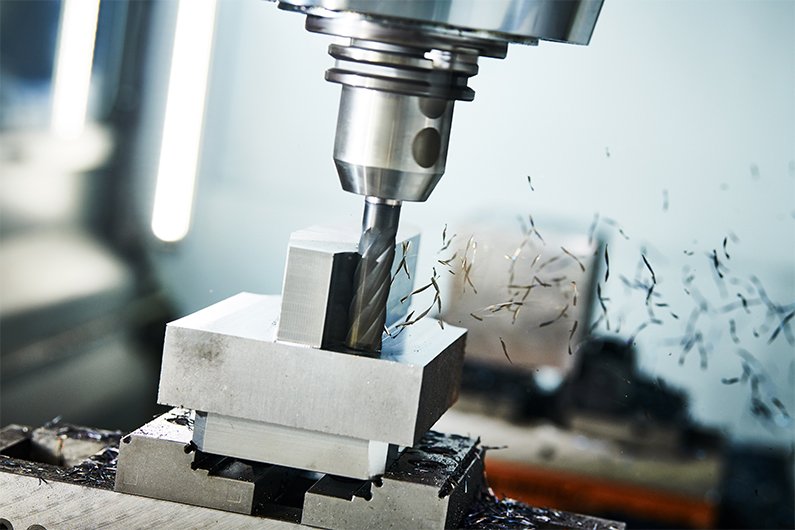
Wholesale Magnesium Alloy Baby Cycle For 3 To 5 Years Old 12 Inch Kids Cycle OEM Cheap

Magnesium Aluminum Alloy Children Bike 3-8 Years Old Cheap Hot Sale 14 Inch Children Bicycle FOREVER Wholesale 2022

2022 Wholesale Hot Sale Bicycle Parts Magnesium Alloy Children Bike No Pedal Balance Bicycle Kids Multiple Colors Available

Bicycles for Children Kids Bikes for 3-16 years old Child /OEM Baby Children Cycle Kids Mountain Bicycles 2022

Electric Bicycle Magnesium Alloy 12 inch Integrated Wheel 36v10ah Electric Moped

Велосипед Freehub 12/14/16 дюймов Детский велосипед Low Rider Bikes Детский велосипед из магниевого алюминиевого сплава 3-8 лет В наличии

Factory Custom China Bmx Cycles Road Sport Kids Bicycle 12 16 18 20 Inches Cycle Mtb For Kids 6-10 Year

Popular Children’s Sports Bicycle High Quality Children’s Balance Bike Children’s Bicycle

 0086-750-5616188
0086-750-5616188 +86 13392089688
+86 13392089688 sales@zhongmei-tech.com
sales@zhongmei-tech.com








